Wildfires and floods rage through Siberia – 3 million hectares burning in Siberia and Russian Far East – Russia declares state of emergency – “Our children are suffocating”
29 July 2019 (The Siberian Times) – A series of natural disasters are hitting Siberia, with the latest a dire threat from severe flooding to Baikal – the oldest and deepest lake in the worth, containing 20% of the planet’s unfrozen freshwater.
The alert concerns flooding in Baikalsk – where evacuation has begun – and concerns that toxic mudflows can dump poisonous sludge from a former pulp and paper mill into the lake’s pristine maters.
Pools of liquid sludge containing lignin poses a huge threat to the life in Baikal with warnings of an ‘ecological catastrophe’.
‘We can only pray now,” said one campaigner pointing to a risk of a dam burst on the Solzana River where a bride had been swept away already. […]
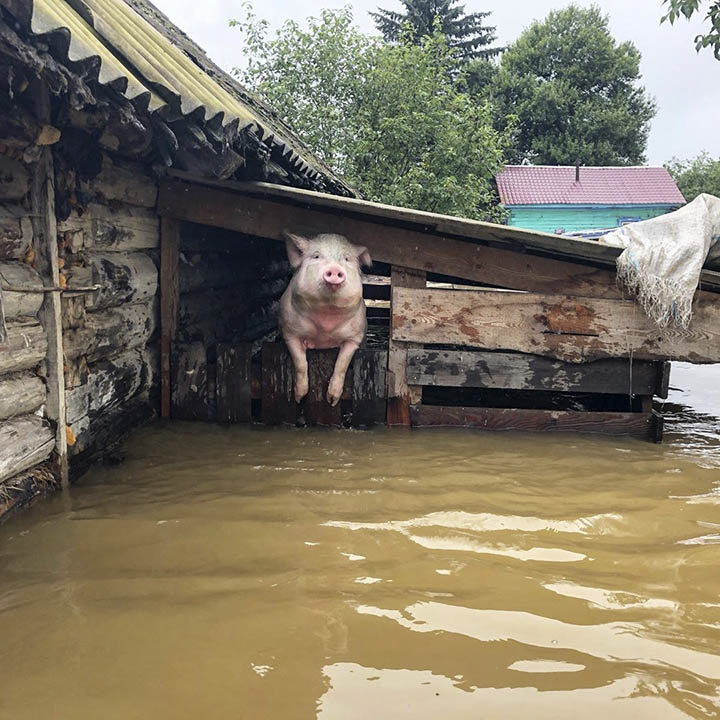
With wildfires, almost 3 million hectares are now burning in Siberia and the Russian Far East.
Smoke pollution has eased in Kemerovo, Tomsk, Novosibirsk, and Altai regions – but is forecast to return with a change of wind direction.
Out-of-control infernos are destroying permafrost by burning the tundra both north and south of the Arctic Circle.
Elsewhere centuries-old boreal forests of cedar, pine and larch – known as the lungs of the Northern Hemisphere – are turning to ashes.
Concern in rising over health risks with locals complaining they are living in a “gas chamber”, while wild animals are “fried alive”.
Worst hit is Yakutia where 1.8 million hectares are now ablaze.
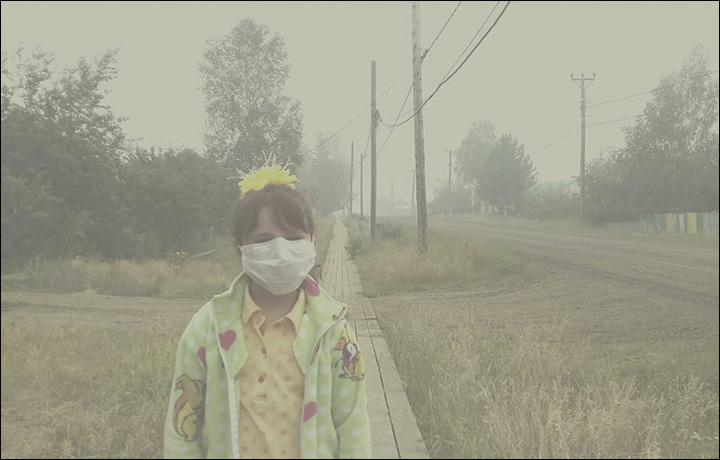
Here the tundra is aflame on both sides on both sides of the Arctic Circle.
In Krasnoyarsk, just short of one million hectares are on fire.
Here, an Emergencies Ministry pilot said that he has been waiting to fly his water-spraying plane on burning forests but no order was given.
‘Every day I and the whole team are on duty. There are four aircraft,’ he revealed.
‘Since the beginning of the fires, not a single specialised Be-200 has been lifted into the air.
‘Yet all around everything is burning and in the smoke.’
Like many locals he attacked the authorities for turning a blind eye to fires in remote locations where few live.
‘They say it is expensive to extinguish and if part of the forest burns down – it is not scary.,’ he said. ‘I think this is absurd.
‘The forest burns and does not stop – the fire spreads in dry and windy weather.
‘Of course, now, probably it will be expensive to extinguish everything that burns.
‘But why was there no order to fly out earlier, when the fire had just begun to spread. Everything was under control then?
‘I have been living in the North for a long time – there have been fires before, but I have not seen one like this year.
‘Yes, the fire is far from people, for example, in Vanavara, but there is such smoke there! And no-one thinks about the people who are there.’
Postings from people hit by fires have been dramatic.
‘Our children are suffocating,’ one woman posted.
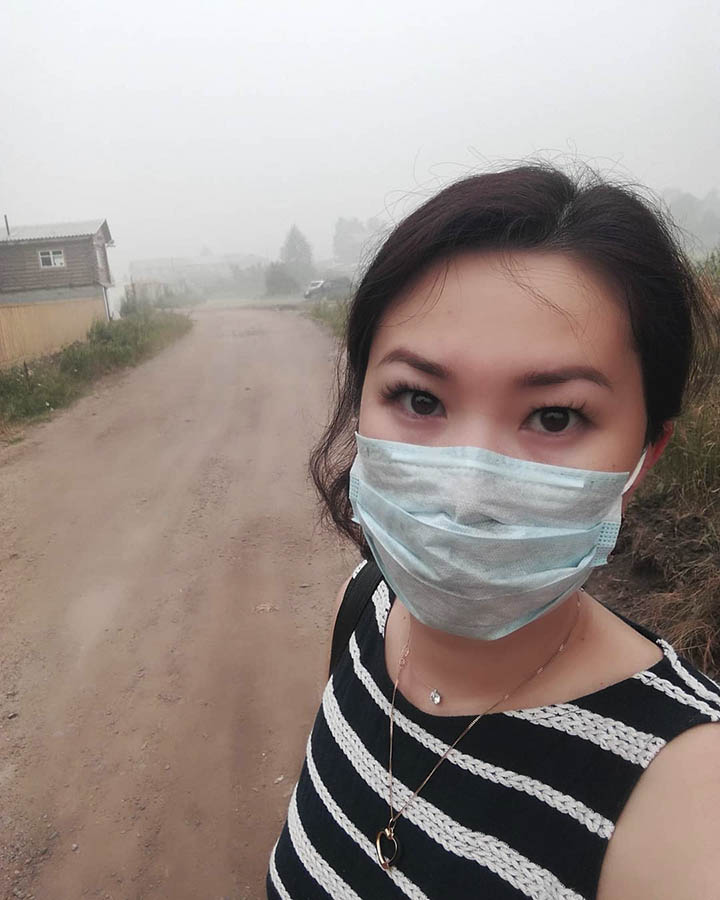
‘We are right next to the epicentres of wildfires, and we struggle to breathe,’ complained mother Marina in Evenkia, in the north of Krasnoyarsk region, one of the worst-hit.
Olga from Tura, in the same region, said: ‘We see bears coming out of the taiga one after the other, deer, too, and smaller animals – but mainly bears.
‘Planes stopped coming because they can’t land in thick smog.
‘People walk around the village in masks but they are no real help as even with a mask on it hurts to breathe.’
More than 1,500 km further west, Valeria Glukhova from the city of Omsk, said: ‘I was at a bus stop and I felt like I was locked inside a gas chamber.
‘Every time I inhaled the air burnt my lungs. I returned home with awful headache and soon started vomiting.
‘My husband called an ambulance.
‘My head is aching, my throat is hurting, my eyes are itchy.
‘I had to walk for about ten minutes, and now hair smells of smoke so badly, as if I was sitting all night long by a campfire.
‘I saw many teenagers and children wearing medical masks, but I am pretty sure they are not enough, you literally need a gas mask.’ […]
Today Russia declared a state of emergency over wildfires in Krasnoyarsk and Irkutsk regions and parts of Sakha (Yakutia) and Buryatia republics. [more]
Fire and flood apocalypse with wildfires raging and dire threat to Baikal, world’s deepest lake
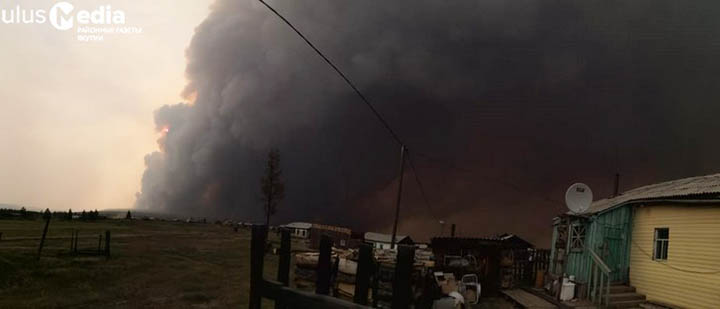
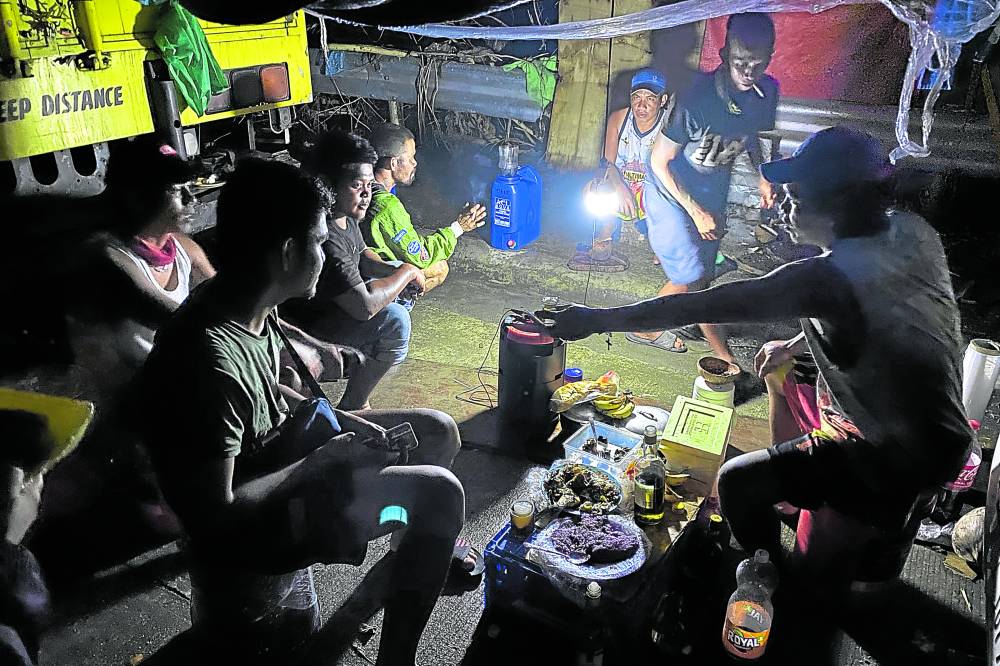
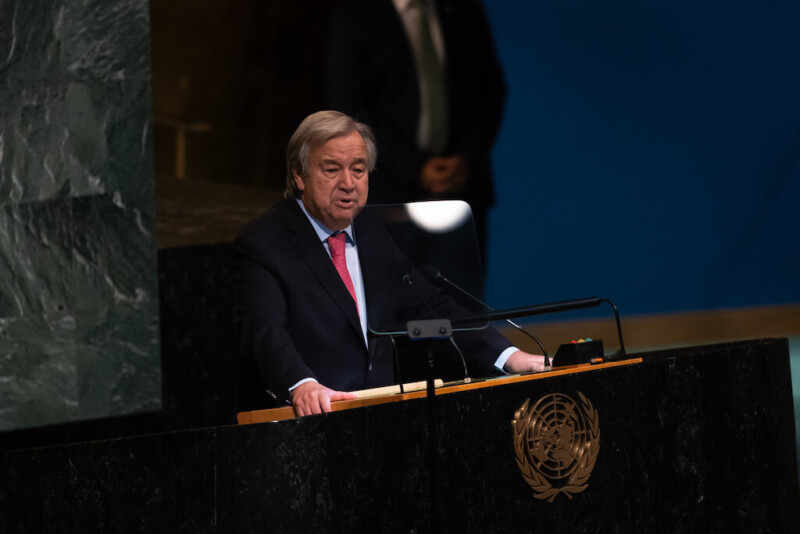
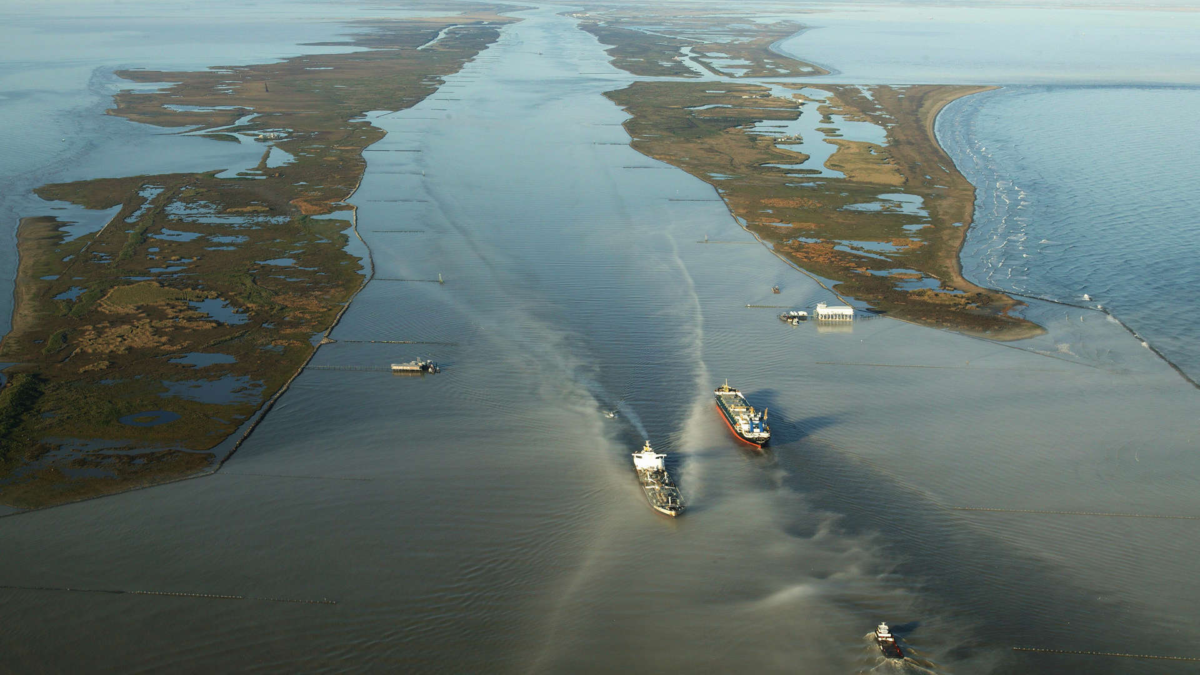
This is going to be very interesting to say the least. I guess our time is going to be big in the history books and alarming on the ground. Best wishes to us all.
I looked at this cluster of Siberian fires on
https://worldview.earthdata.nasa.gov
and happened to spot the solid red area in central Africa, many times larger and more dense than those in Siberia.
Is this the bushfire season or something a lot more serious?
Hi Zapp, good eye! This happens every year. It’s a combination of agricultural brush-clearing fires and crop residue burning. Here’s a recent story from NASA: Agricultural Fires Seem to Engulf Central Africa.